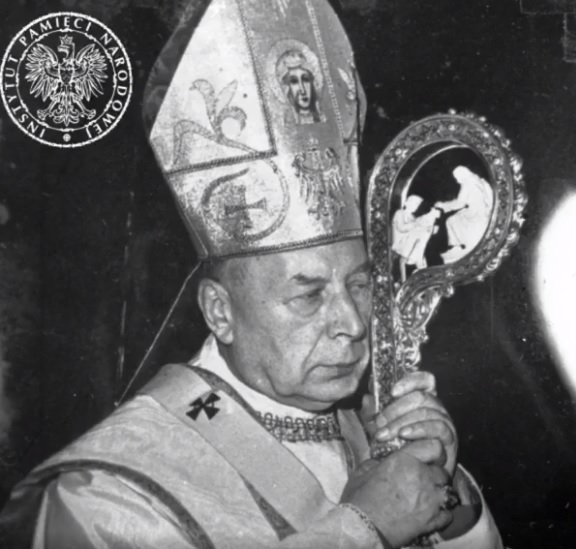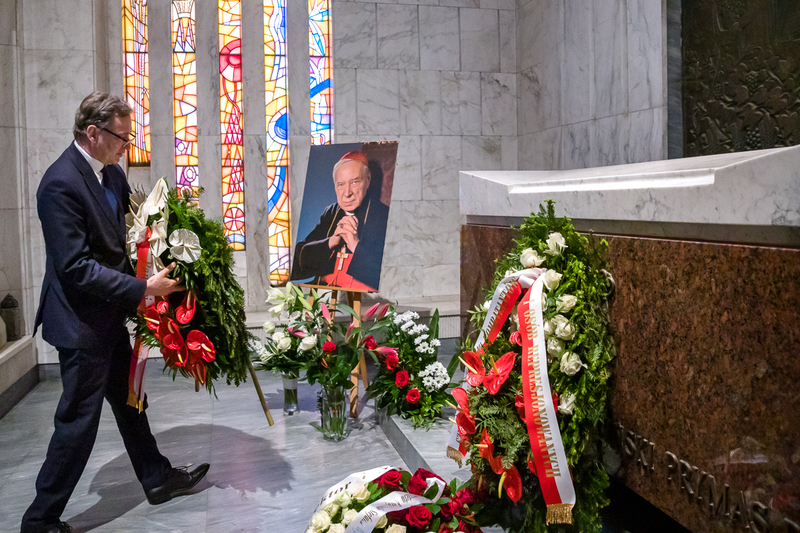The Primate of Poland, Cardinal Stefan Wyszyński, led the Church and the nation - from the Jasna Góra Vows, to the Great Novena and the Millennium Victory, to the 1978 Conclave. Having witnessed and suffered the tragedy of German and Soviet totalitarianisms, he showed the Poles an effective way of opposing their evil, because he understood that a nation that abandons God breaks up with its past, demoralizes and destroys the family, and is incapable of living in independence. That is why he pointed to the path out of communist enslavement: the emergence of "new tribesmen", as he used to call them.
He was not spared a three-year imprisonment, often suffered brutal attacks and slander. More than once he walked alone, abandoned by many, drawing strength from entrusting Poland and himself to the Mother of God. He was a steadfast defender of the rights of the nation – and its voice when others kept silent.
He died in May 1981 – less than three years after John Paul II was elected to the Holy See – which wouldn’t have been possible without his service – and at the time when “Solidarity” was experiencing a powerful renewal. He warned that the rebirth cannot come down to exchanging people in key positions, and taking "the key to the state treasury from the hands of one group of thieves and putting it in the hands of another"; real renewal was only possible if consciences were aroused. He regarded the easy life as a man's greatest enemy, and argued that Poles need greatness, "Do not think that the nation can fulfill its task relying only on people who live bland and sloppy lives, try to survive, to come into money, to get away cheaply."
The “Uncrowned king of Poland" sash on his casket referred not so much to the role of interrex, customarily performed by the primates, as to the continuity of the Republic of Poland's history. "A nation that cuts itself off from its history, that is ashamed of it, that brings up a young generation without any historical ties, is a nation of renegades," he warned. That is why he defended culture, identity and heritage so vigorously. In the spring of 1972, Primate Wyszyński, finishing his Easter retreats for students, recalled bitterly the sight of a drunk youth in Krakowskie Przedmieście Street, "I thought to myself, ‘they are heading for the New World? What about New Poland? Is she really heading for the New World? Will these new people make a tribe?” Forty years after the death of the Primate of the Millennium, in the year of his elevation to the glory of the altars, what kind of Poland are the young people heading for, what kind of world are Poles heading for?
Jarosław Szarek, PhD

